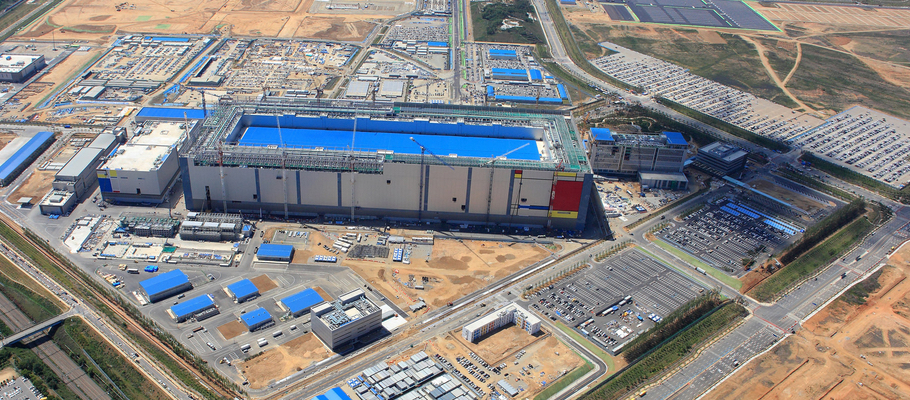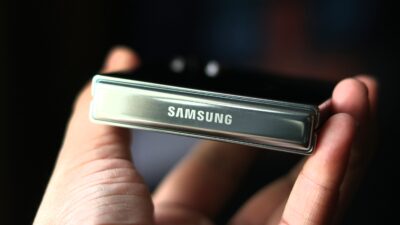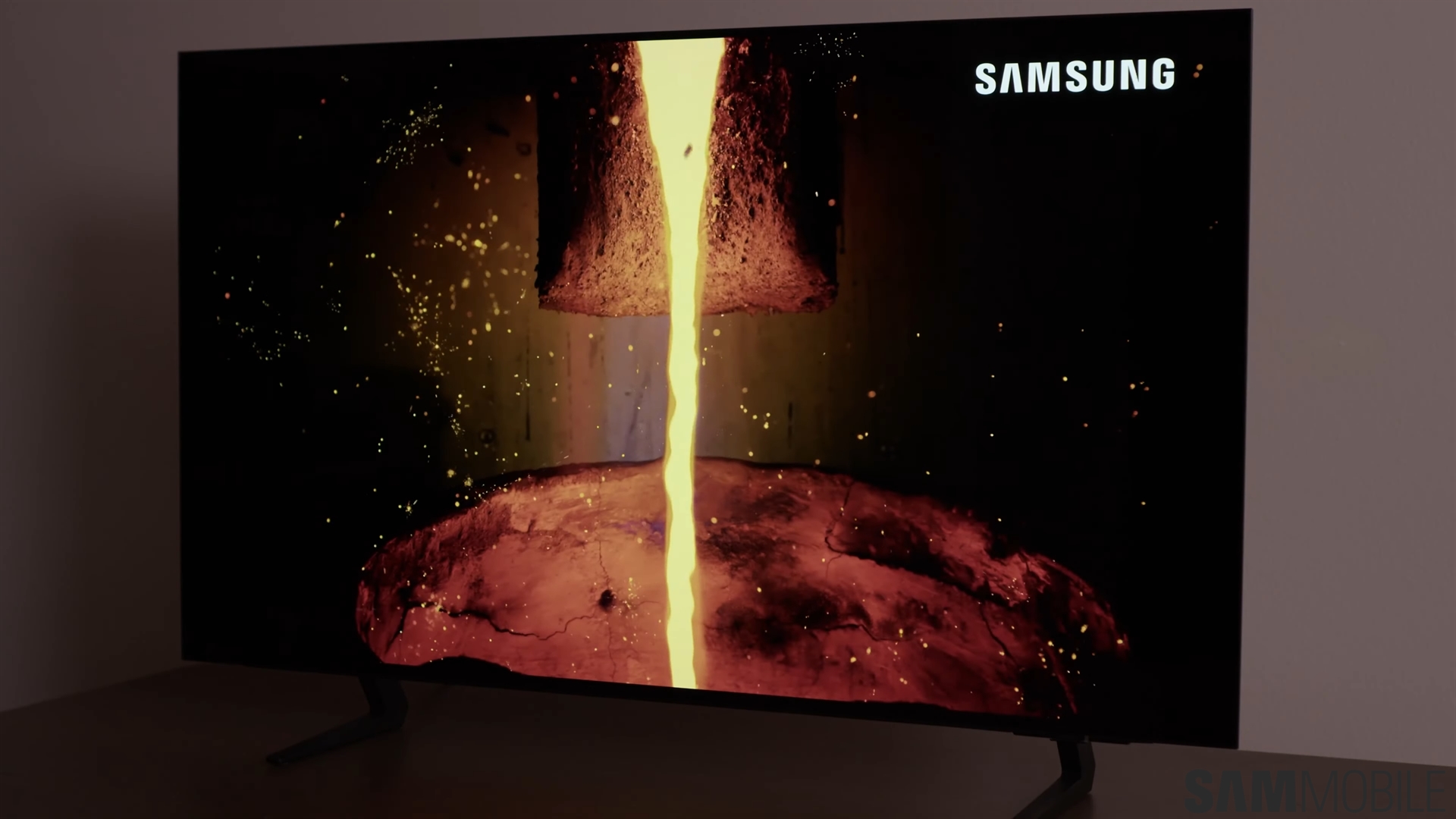
Japanese companies can still export the materials to South Korean companies but they will require a license from the government. The licenses could take 90 days to come through if they're approved. So Samsung has no option to look elsewhere if it wants to sustain production.
Samsung forced to look elsewhere for crucial materials
Nikkei reports that Samsung is now testing hydrogen fluoride etching gas from companies outside Japan. The company has sent senior officials to China and Taiwan to look for alternative suppliers. It's also leaning on South Korean companies to help fill the gap.
Hydrogen fluoride is needed to remove the excess material around circuit patterns on silicon wafers. The gas needs to be 99.999% pure for it to be used in chipmaking. Japanese companies are global leaders in developing technology that can reach this level of purity and hence control up to 90 percent of the market.
It will reportedly take up to three months for Samsung to ascertain if existing quality levels can be maintained if the etching gas is sourced from non-Japanese companies. This may also lead to a broader effort by South Korea's chip industry to reduce its reliance on Japanese materials. There have been reports that Samsung is slowing down the production of some chips so as to manage its remaining inventory of these crucial materials.
Some even suggest that this will cause disruption in the mass production of the Galaxy Note 10. It's unclear how much inventory Samsung currently has and what it would do if it were to end and the imports from Japan were to be restricted completely. Hopefully, it will not come to that.
Update: Citing an unnamed SKC official, Business Korea reports that Samsung Display is in talks with SKC, a South Korean chemicals manufacturing company, for the acquisition of colorless polyimide (CPI). The material is used primarily for the manufacturing of foldable OLED displays.
“We have opened everything about CPI mass production to Samsung Display,” according to the SKC representative. “We are not yet in a product test stage, but we expect Samsung to reach a deal with SKC as Japan's regulations could be further strengthened.” The reports adds that Samsung Display has enough CPI inventory to last for two-to-three months, which could mean that the Galaxy Fold is not yet under threat from Japan’s export restrictions. Nevertheless, Samsung Display is now looking for alternative suppliers. SKC is reportedly scheduled to start volume production of CPI in October.


















